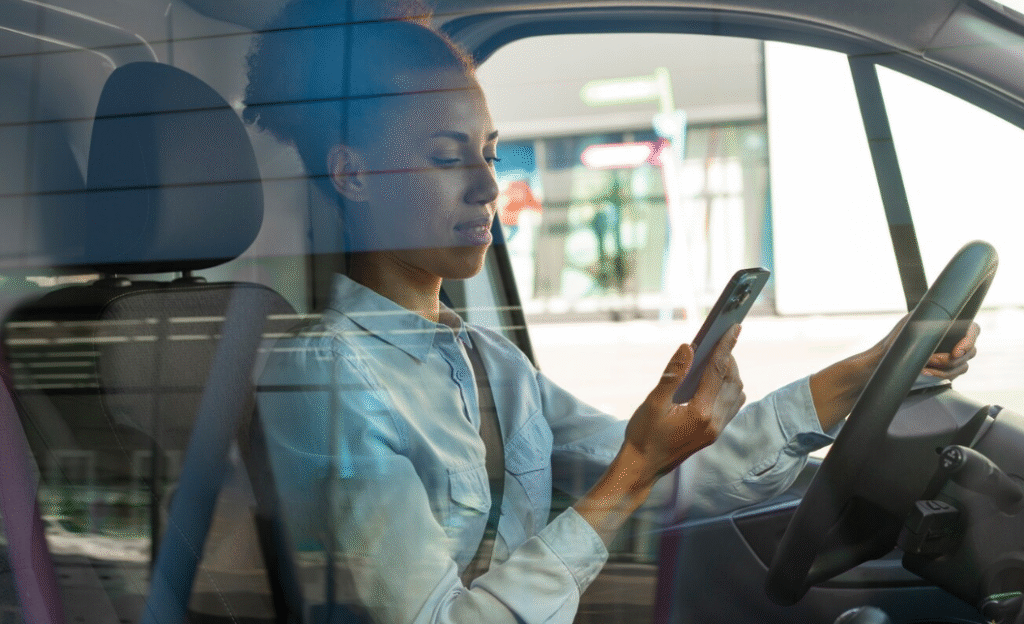In a world increasingly defined by digital interaction, the demand for secure and transparent online voting systems has never been greater. Traditional voting methods face challenges related to trust, accessibility, and efficiency. Enter blockchain technology—a decentralized and tamper-resistant digital ledger that’s transforming how we think about democracy in the digital age.
Why Digital Voting Needs a Rethink
Digital voting offers potential benefits like speed, cost reduction, and accessibility for remote voters. However, concerns about security, voter fraud, and lack of transparency have kept it from widespread adoption. A single security breach can cast doubt over an entire election.
This is where blockchain comes in.
What Blockchain Brings to the Table
Blockchain technology introduces three fundamental qualities that make it uniquely suited for voting systems:
1. Immutability
Once a vote is recorded on a blockchain, it cannot be altered or deleted. This prevents vote tampering and preserves the integrity of the electoral process.
2. Transparency
Each vote is verifiable and can be audited without compromising voter anonymity. This makes the entire process more transparent and trustworthy.
3. Decentralization
Because blockchain operates on a distributed network, no single entity controls the system. This reduces the risk of manipulation or centralized failure.
Real-World Applications
Several countries and organizations have started experimenting with blockchain-based voting:
- Estonia has long been a pioneer in e-governance and has tested blockchain for secure digital identity and e-voting.
- Voatz, a mobile voting platform based in the U.S., has conducted pilot elections using blockchain to enable overseas military personnel to vote securely.
- Switzerland and South Korea have launched trials to explore the feasibility of blockchain in regional elections.
Key Advantages for Voters
- Accessibility: Remote and disabled voters can cast their votes easily from anywhere.
- Speed: Results can be tallied almost instantly with high accuracy.
- Confidence: Voters can verify that their votes were counted without revealing who they voted for.
Challenges Ahead
Despite its promise, blockchain voting is not without hurdles:
- Digital Divide: Not all voters have access to smartphones or secure internet connections.
- Scalability: Handling millions of votes quickly and securely is still a technical challenge.
- Regulatory Acceptance: Electoral bodies must trust and approve these systems before adoption.
Looking to the Future
As technology advances and trust in traditional systems wanes, blockchain offers a compelling vision for the future of voting—one that is secure, transparent, and inclusive. While it won’t replace traditional ballots overnight, it’s becoming increasingly clear that blockchain will play a critical role in modernizing democratic participation.


